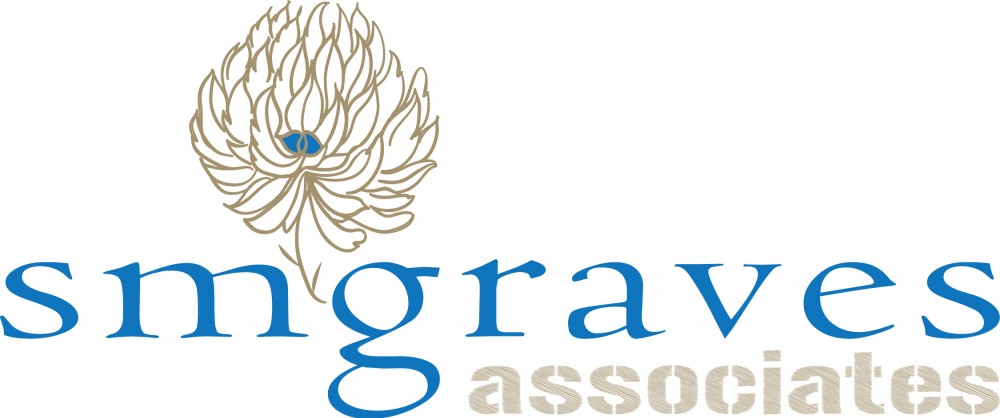On Externalizing

Our issue is one of allocation, not of a scarcity of resources. It’s about how we pay for it and who pays, not whether it’s possible to make real what could be opportunity for all.
By externalizing the cost of Education and Healthcare we may create the landscape on which entrepreneurship will develop in a more robust fashion. First the why. Why place importance on Healthcare coverage/access and Education.
An argument for universal education Now as never before individuals require the exercise of their skill sets in order to find success in their careers. For those of us who consider ourselves well educated, we know that by acquiring our education, that combination of schooling and street experience that is unique to each of us is how we exercised our inner capabilities in order to get where we are today. Hopefully our education has taught us how to learn, a process that never ends and builds value in our lives as well as careers.
Beyond its general importance, education is an increased necessity for garnering an ability to think globally with creativity. The destabilization of American labor makes it that much more important to be able to find opportunity. This is the basis of our argument for universal access to education.
If we are living in the information age, why wouldn’t we endeavor to offer ALL hard-working individuals the basic tools for future success through our education system. After receiving a high-quality education based on rewarding hard work, not on where one resides or some other luck of the draw, we let the chips fall where they may.
An argument for universal healthcare How should we define healthcare? Is it in fact a right or is it a privilege? There is a moral imperative that millions of us have to ignore to make an argument that it is a privilege. Beyond the moral argument we can make an argument on economic terms as well. Principally, that a system of healthcare that bankrupts vast swaths of the population, that limits the use of the latest technological advances in a race to create scarcity; a system that enslaves people in debt when those funds could be used to hire employees, build real estate and generally build wealth is a broken system.

There exist an array of business models to suit a number of organizational structures. There are times when for-profit models don’t work. There are examples where public non-profit models work best. This is an example where publicly-funded models work best.
Access to healthcare should be seen as a right. As a right of the people, we can create a system that works to externalize the majority of cost away from the consumer and into a system which is funded through public expenditure.
The Cost and the True Reason for Saying No The principal argument against universal healthcare coverage and universal education is in who pays the costs for these systems. Let’s get the juvenile back and forth out of the way: We don’t mean ‘free’ we do mean determine a different way to pay for all of it.
A healthcare system like those in countries such as Canada and Taiwan costs serious money. An education system that offers externalized tuition to low-income, academically deserving students (and high-quality, nationally equitable k-12 schools) will cost serious money.
- Our issue is one of allocation, not of a scarcity of resources. It’s about how we pay for it and who pays, not whether it’s possible to make real what could be opportunity for all.
- A system that externalizes education costs and healthcare costs is a system that makes entrepreneurship possible.
- A system that externalizes education costs and healthcare costs reduces bankruptcy and places earned income back in the hands of those who would most likely save it, invest it, make better use of it while not in bankruptcy.

Scott M. Graves is founder of SMGraves Associates and host of SMG’s ‘Are We Here Yet?’ Podcast. He is a founding member and former Executive Director of the Wachusett Business Incubator. The SMG team developed unique and powerful economic development there including the Leadership Candidates Program and Business Triage.
